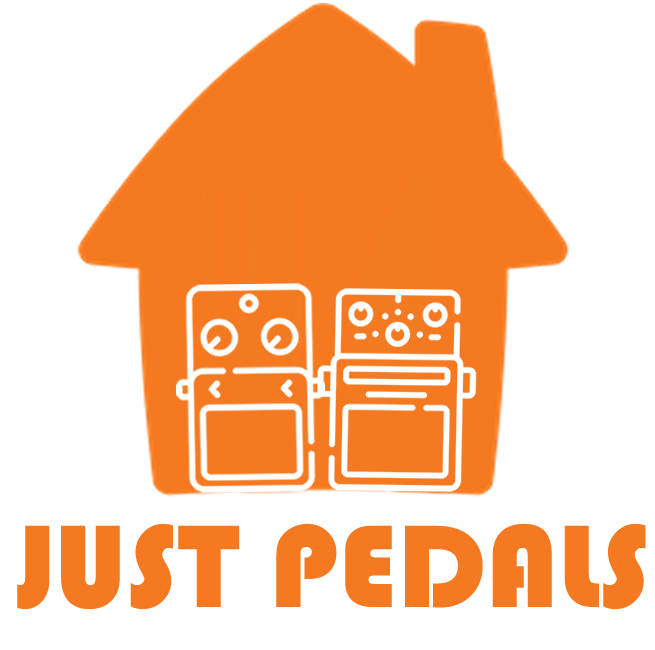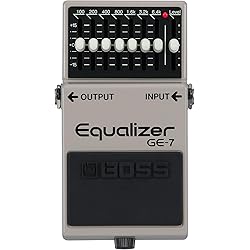just a load of Wah Video – Guitar Effects Pedal Lesson: How To Use A Wah Pedal
Wah Video – Guitar Effects Pedal Lesson: How To Use A Wah Pedal
FLAMMA FC11 Auto Wah Pedal Envelope Filter Guitar Effects Pedal True Bypass for Guitar and Bass
£25.99
Envelope filter/dynamic auto wah pedal in pocket size. Suitable for guitar and bass. Pure analog circuit provides a lush warm sound. Bright color and durable metal shell. Power Supply is NOT Included.
SONICAKE Auto Wah Pedal Envelope Filter Funky Bass Guitar Effects Pedal Cry-Bot
£25.99
100% Analog Envelope Filter/Auto Wah by Picking Dynamics Designed for both Guitar & Bass with Fast and Accurate Tracking Wide Range Funky Tone Shaping with 4 useful Knobs True Bypass Footswitch keeps a clean Signal Path Auto Wah Pedal working with 9V… read more
Behringer COMPRESSOR/SUSTAINER CS400 Ultimate Dynamics Effects Pedal, Green
£24.36 £15.90
Smooth, Consistent Tone: Compress dynamic range by softening peaks and boosting quieter signals, ensuring every note maintains steady, velvety sustain Precise Control: Dial in the perfect compression with dedicated Attack, Sustain, Level, and Tone co… read more
JOYO High Gain Distortion Pedal from AC/DC Crunch to Heavy Metal with Full Range EQ for Electric Guitar Effect – Bypass (JF-04)
£29.99 £25.49
JOYO High Gain Distortion guitar pedal, get the kind of hard distortion used by the bands you love-from the crunch of AC/DC to the heavy metal of Metallica. With a full range of EQ adjustment and tone control, from a little blues rock crunch to an al… read more
BOSS Bd-2 Blues Driver Guitar Effects Pedal
£105.00 £92.00
The BD-2 Blues Driver delivers the creamy, yet crunchy sound associated with great blues guitar. This popular pedal provides instant access to the kind of warm overdrive and emotive distortion usually reserved for 30-year-old tube amps. Classic "blue… read more
BOSS Ge-7 7-Band Eq Pedal, Compact Eq Pedal with 7 Bands of Adjustable Eq Sliders
£108.00 £93.48
Compact graphic equalizer pedal with seven independently adjustable bands. Guitar-optimized frequencies: 100 Hz, 200 Hz, 400 Hz, 800 Hz, 1.6 kHz, 3.2 kHz, and 6.4 kHz. Maximum tonal flexibility with ±15dB boost/cut per band. Level slider for balancin… read more
















